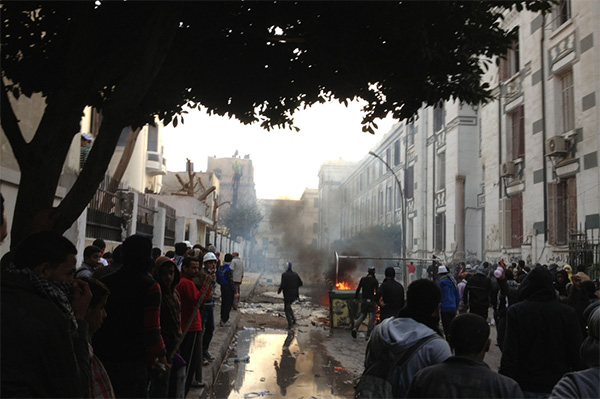LIVE-AR seminar series 2024/2025
« Activists pathways and political crisis » seminars
During the 2010s, Arab societies witnessed popular uprisings on an unprecedented scale. These movements succeeded in bringing together people from all walks of life: long-standing activists and first-time protesters, from wealthy and precarious communities, students and workers, young and old… women and men who were previously ‘voiceless’ (Spivak, 2003) and who then became revolutionaries. Often described as apolitical, they all marched with hope of a profound change. However, a decade later, a strong sense of disillusionment has set in across the region. Wars, failed political transitions and authoritarian takeovers seem to have buried the revolutionary projects. The ERC LIVE-AR studies the ‘afterlives’ (Filleule et al., 2018; Ross, 2005) of these revolutionaries in four countries of the region: Syria, Egypt, Tunisia and Morocco. While some of them continue to defend the revolutionary cause, investing themselves in new areas of commitment, others have abandoned all forms of activism to concentrate on other spheres of their lives. The medium- and long-term consequences of their participation in the uprisings remain an open question.
Relying on the comparative work already initiated as part of the project, the LIVE-AR team wishes to extend the debate to other geographical areas, historical timeframes and survey methods. In this context, the “Activists’ pathways and political crises” seminar series aims to provide a forum for monthly exchanges on how political crisis – whether revolutionary situations, civil wars or post-conflict situations – shape biographical trajectories and activist careers. Building on a growing scholarship that focuses on the microsociological level and on the ‘biographical consequences of commitment’ (McAdam, 1989; Giugni, 2013; Giugni and Grasso, 2016; Pagis, 2014; Fillieule et al, 2018; Passy and Monsch, 2019), we will be bringing together various disciplinary approaches (anthropology, sociology and political science) and invite researchers working on different countries (France, Turkey, Egypt, Ukraine, Syria, Caucasus, Jordan and Lebanon) and political contexts. The aim is to establish a dialogue between diverse approaches to biographical trajectories, through the prism of gender studies, the political sociology of emotions, the processes of commitment and disengagement, and the reconfiguration of relations to politics. Particular attention will be paid to methodological issues, both in terms of data collection and methods of analysis.
Organisation committee:
Laura Ruiz De Elvira, Caroline Barbary, Lina Benchekor, Victor Dupont, Léo Fourn, Chaymaa Hassabo, Arbia Selmi, and Christoph Schwarz
Past seminars

S’engager dans les causes écologistes et urbaines à Istanbul dans l’après mouvement « Gezi Park » (2013-2018) : analyse de deux trajectoires militantes
Juin 3th 2025

Des figures d’ex. Mise en sens de l’engagement et rapport à soi suite au désengagement
May 6th 2025

Activist Challenges in Jordan
1st april 2025

Trajectoires militantes et crises politiques
11th march 2025

Devenir révolutionnaire en Syrie : une dynamique spatiale entre ‘intérieurs’ et ‘extérieurs’
4th february 2025

Engagement armé et reconfiguration des trajectoires dans l’Ukraine en guerre (2014-2022)
January 14th 2025

L’imaginaire néolibéral dans la révolution égyptienne : engagement militant et développement personnel après 2011
December 3th 2024

Travailler le matériau biographique. Épistémologie et méthodes
October 1st 2024
